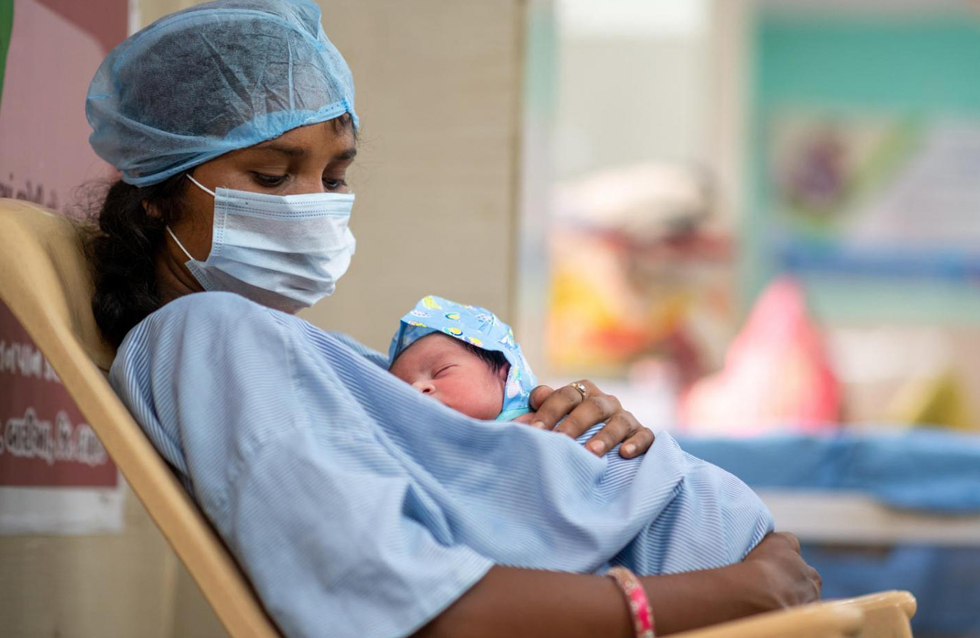
Babies born to women who had COVID-19 during pregnancy showed reassuring patterns of growth and development at 6-month follow-up, according to a study from Ann & Robert H. Lurie Children’s Hospital of Chicago and Northwestern Medicine in partnership with Erie Family Health Center, a Federally Qualified Health Center (FQHC) that serves a diverse and low-income patient population. The study, published in the Journal of Perinatal Medicine, reports on infant outcomes from the longest follow-up to date of prenatal exposure to COVID-19.
“Our results should be reassuring to pregnant women with COVID-19 who are worried about how the virus might affect the baby,” said senior author Malika Shah, MD, a neonatologist at Lurie Children’s and Medical Director of the Prentice Women’s Hospital Newborn Nursery, as well as Associate Professor of Pediatrics at Northwestern University Feinberg School of Medicine. “At 6-month follow-up, we observed normal growth patterns and developmental milestones, with the rate of developmental referrals not higher than what we normally see. This is very good news during the pandemic that has been especially hard on populations facing health inequities and disproportionate impact of COVID-19.”
The study included 33 publicly insured women and their infants, all of whom identified as Latinx. While all of the women had COVID-19 during pregnancy, 55 percent tested positive within 10 days of delivery. None of the infants in the study tested positive for COVID-19. Three of the infants (10 percent) were born premature, and five infants (15 percent) required neonatal intensive care for conditions unrelated to COVID-19.
The study followed infants born April-July 2020, before COVID-19 vaccines were available and prior to the emergence of concerning variants.
“As the pandemic persists and variants emerge, looking at longer term outcomes is critical. FQHCs have been at the forefront of delivering care to vulnerable populations since the beginning. Partnerships with FQHCs, like Erie Family Health Center, make it feasible to conduct these studies.” said Dr. Shah.
source: https://www.sciencedaily.com/